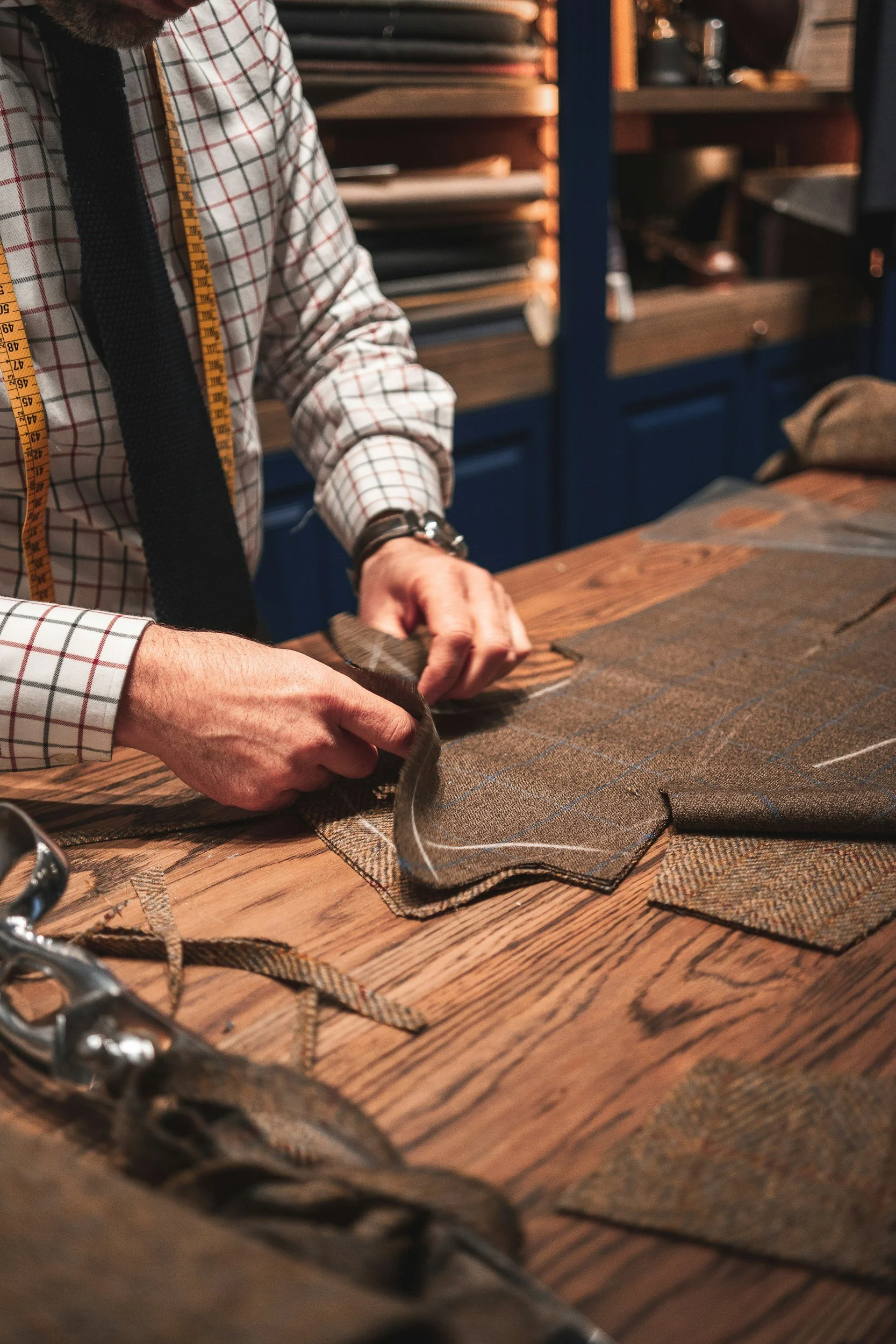Sustainability as Status: The New Luxury Standard
Luxury has always been about aspiration — the art of elevating the everyday into something extraordinary. But in recent years, that idea of aspiration has evolved. It’s no longer defined by exclusivity alone, but by responsibility.
As we approach 2026, sustainability isn’t just a nice-to-have for luxury brands — it’s an expectation. The world’s most discerning consumers are choosing brands that align with their values. They want to know that the craftsmanship they admire and the beauty they invest in also carry meaning beyond aesthetics. In short, sustainability has become the new symbol of status.
From Trend to Timeless Principle
There was a time when “sustainability” in luxury was seen as a marketing angle — an ethical addition, rather than a central value. But that narrative has changed. Today, sustainability and luxury are not opposites; they’re intertwined.
Luxury has always prized craftsmanship, longevity and rarity — qualities that naturally align with sustainability. The modern luxury consumer values objects and experiences designed to last, crafted with integrity and made with care for both people and planet.
It’s not about following a trend; it’s about embracing a principle that feels timeless. And for luxury brands, it’s about translating that principle into a story that feels as elegant as the product itself.
A Shift in What ‘Luxury’ Means
In many ways, the meaning of luxury itself has changed. Where once it was defined by excess, it’s now shaped by ethics, transparency and purpose. Quietly conscious consumers, from millennials to Gen Z, are redefining what it means to live well. They’re not impressed by abundance; they’re inspired by authenticity.
For this new audience, the most luxurious thing a brand can offer isn’t just a product, it’s peace of mind. Knowing that their purchase supports fair labour, uses natural materials and leaves a lighter footprint is part of the allure.
This doesn’t make luxury less aspirational,it makes it more human. It reminds consumers that true refinement lies in thoughtfulness.
The Beauty of Responsibility
The beauty of the sustainability movement within luxury is that it doesn’t compromise the aesthetic, it enhances it.
Consider the soft texture of undyed cashmere, the subtle imperfection of hand-blown glass or the quiet story behind a heritage brand restoring vintage pieces rather than producing new ones. There’s something profoundly elegant about restraint, about valuing process as much as product.
Sustainability, when executed well, doesn’t shout. It doesn’t need to. It whispers sophistication through every choice. The material, the craftsmanship, the story. And in that restraint, it becomes the purest expression of luxury.
Beyond Greenwashing: The Rise of Authentic Storytelling
Of course, consumers are more informed than ever. Greenwashing, surface-level gestures towards sustainability, is quickly spotted and dismissed. What audiences now crave is transparency. They want real proof of care, not curated slogans.
Luxury brands that are succeeding in this space are those that treat sustainability as part of their DNA, not a seasonal campaign. They don’t just tell you they care; they show you, through small, tangible actions. Whether it’s the revival of a heritage workshop, an investment in local materials or a traceable production journey, the key is authenticity.
And authenticity, after all, is at the heart of modern luxury.
Sustainability as the Ultimate Status Symbol
In an age where anyone can buy into style, the real distinction lies in values.
Owning a beautiful object that’s also sustainable reflects discernment, a sense of connoisseurship that goes beyond the surface. It signals not just wealth, but awareness; not just taste, but intention.
Sustainability has become the quiet marker of sophistication. It’s no longer about how much you own, but how thoughtfully you choose.
For brands, this presents both a challenge and an opportunity: to align beauty with responsibility, storytelling with substance and aspiration with ethics. Those that can do so seamlessly will not only stay relevant but will define what luxury means in the next decade.
Looking Ahead
As we move toward 2026, the luxury industry is entering an era where sustainability and desirability are inseparable. Consumers aren’t just purchasing for pleasure — they’re purchasing with purpose.
The brands that thrive will be the ones that understand that luxury, at its core, has always been about longevity. Creating something lasting, meaningful and beautifully made. Sustainability simply returns the industry to those roots.
Luxury has always evolved with culture, and right now, culture is calling for consciousness. The future belongs to brands that listen.
At Strong Social London, we believe sustainability isn’t a marketing angle — it’s a mindset. And for luxury brands, it’s the most elegant form of storytelling there is.

